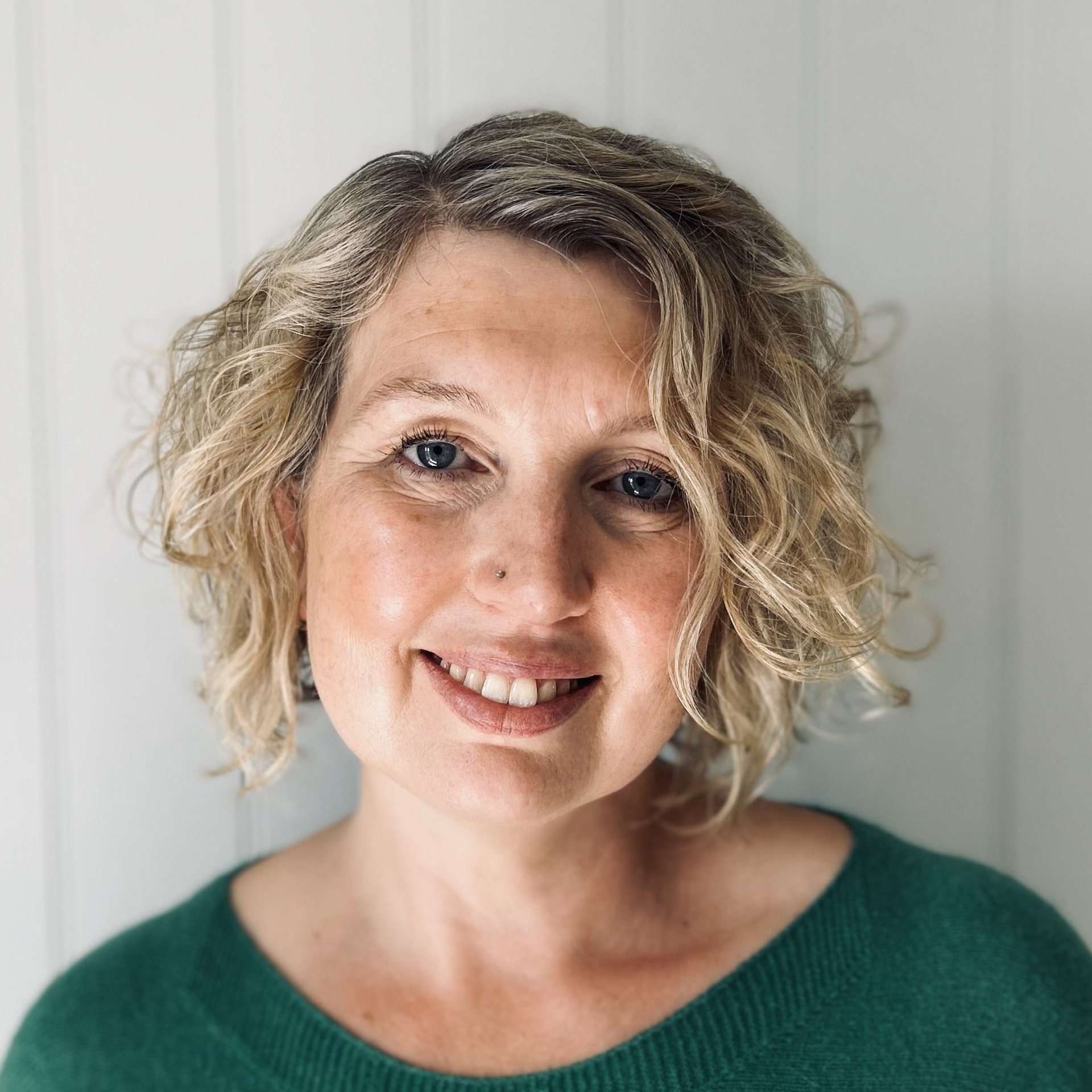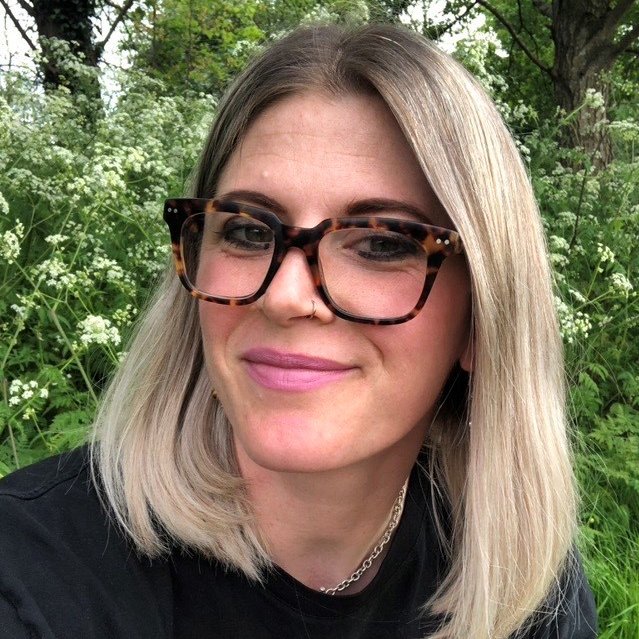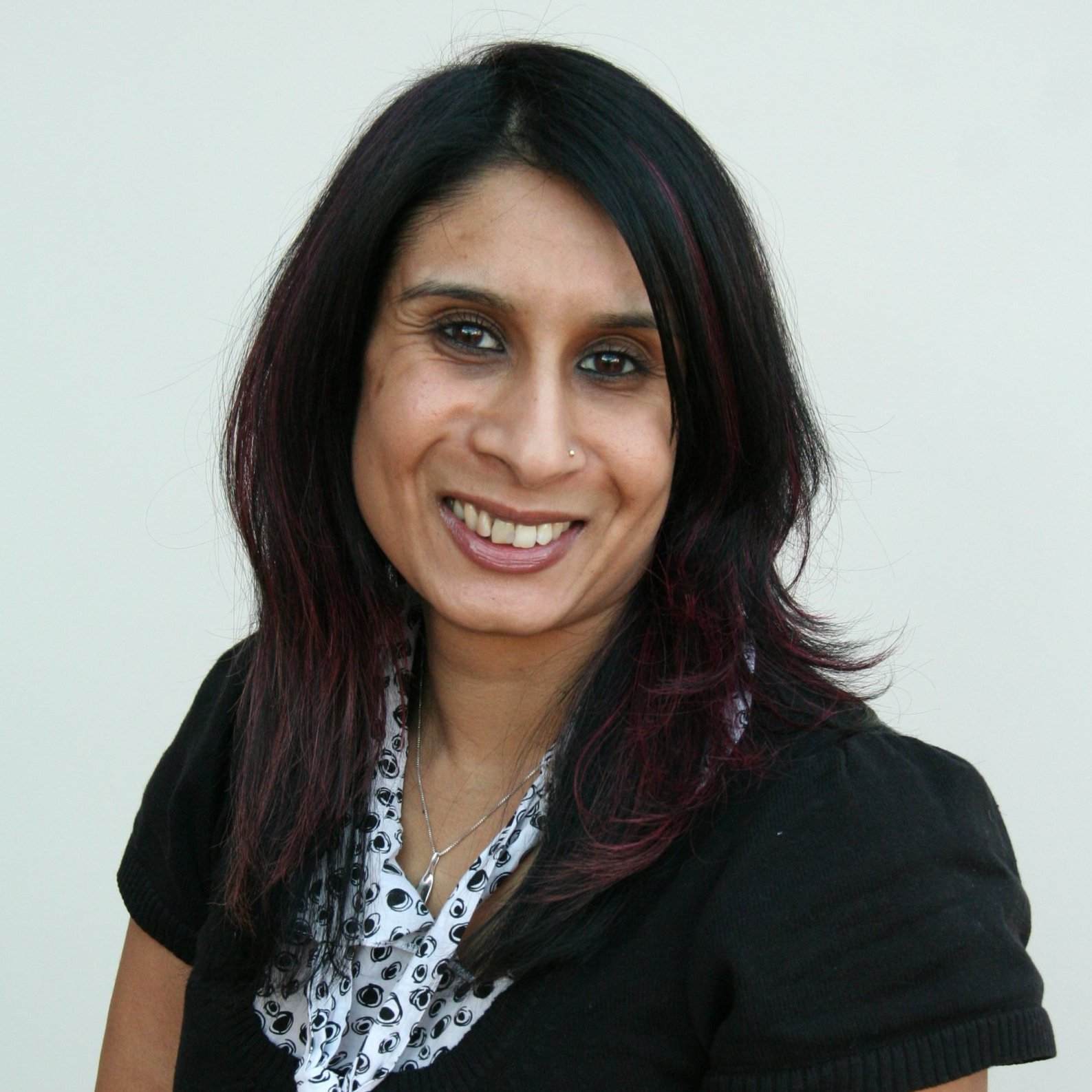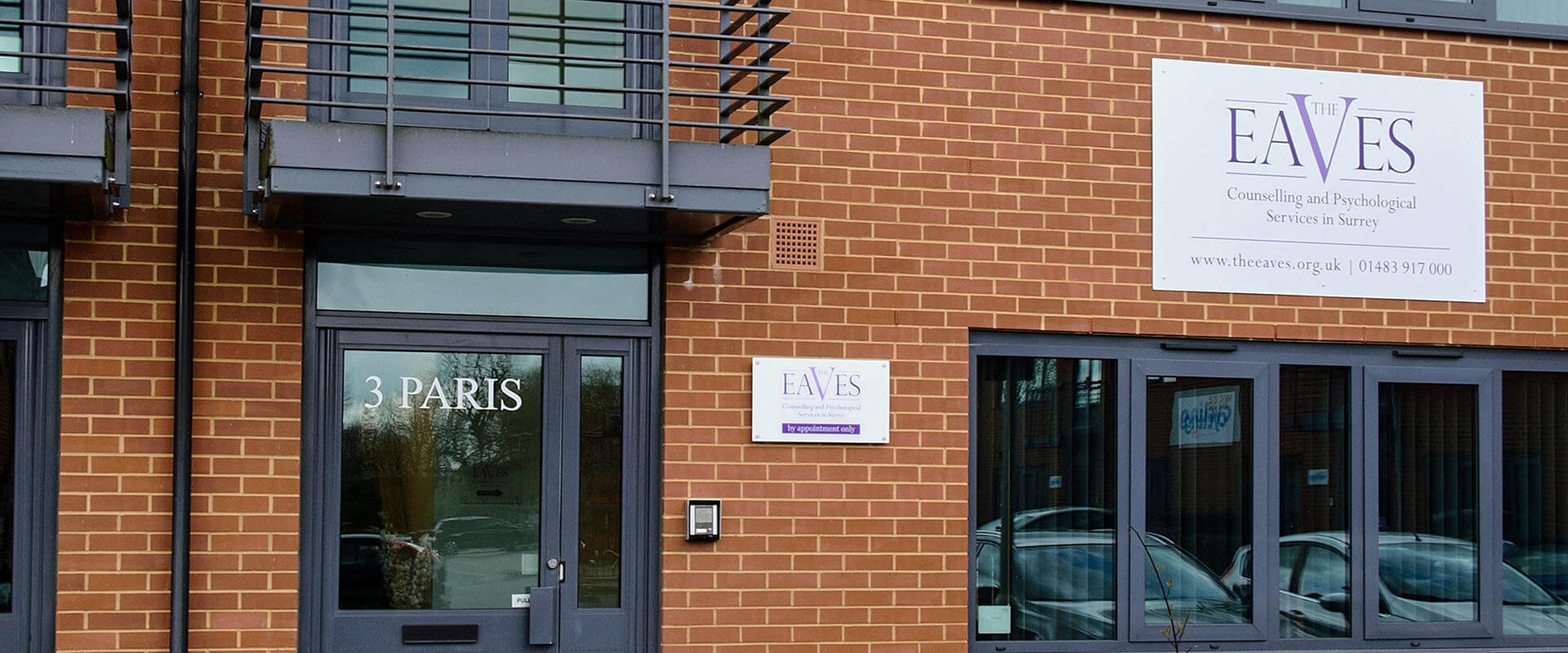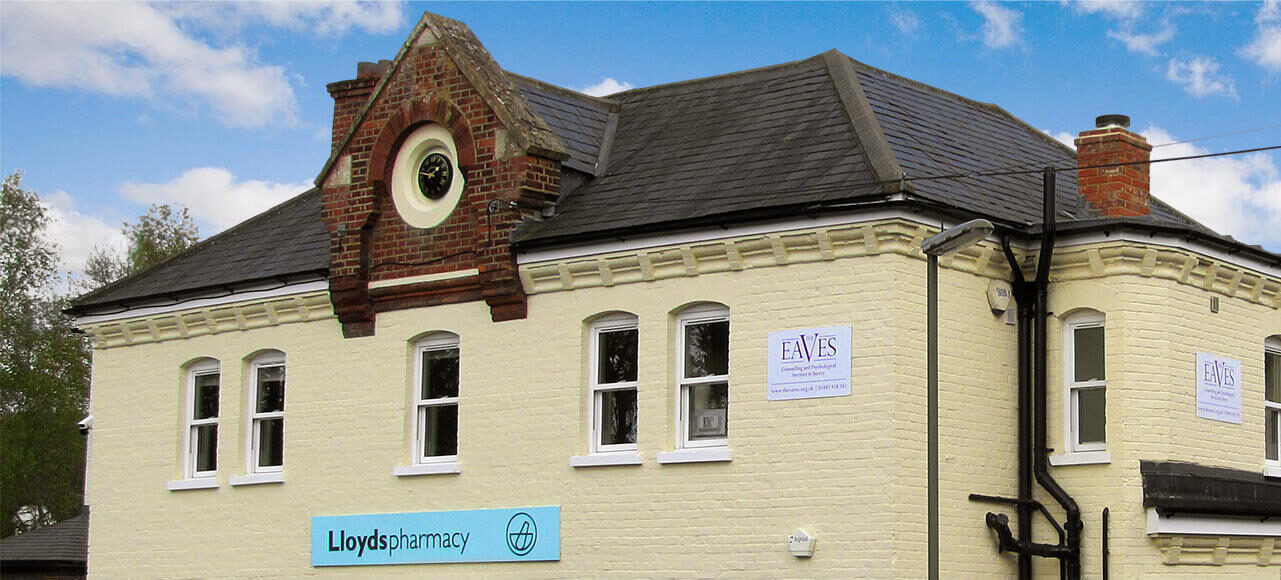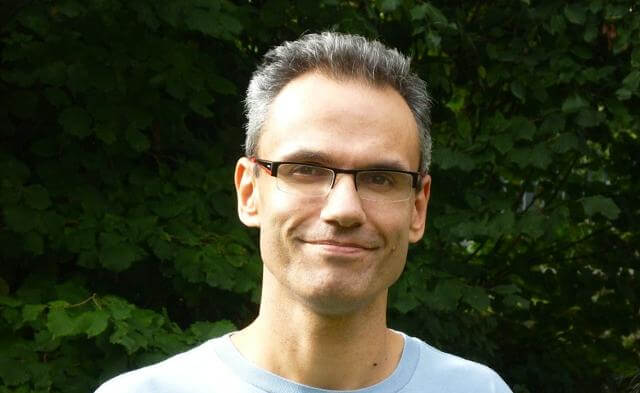My name is Andy Spencer. As an Eaves counsellor for the past 3 years and having had my own therapy in the past I thought it might be helpful to share some thoughts from my own experience and the experiences of my friends and clients about how to find the right therapist for you. The Eaves offer a wide and diverse set of talking therapy professionals: counsellors, psychotherapists, clinical psychologists and Cognitive Behavioural Therapists. For the purposes of this blog I will refer to them collectively as “therapists” and their practice “therapy”.
Do you have the right therapist?
I hear many people say they have tried therapy and it just didn’t work for them. “Lots of nice words, loads of forms to complete. What the point. I still have the same problem”. Others say therapy has been life changing: “Where would I be now if I hadn’t had therapy. It changed my life”. Is this a case of some of us being suited to the job whilst others simply aren’t? Are some of us good at it whilst others should look for a different job? Well lets see…!
Where should you start?
Do these words mean anything to you? Humanistic, Psychodynamic, Psychoanalysis, Integrative, Cognitive-Behavioural, Person Centred, Transactional Analysis, Transpersonal, EMDR. They are all terms to describe different types of counselling and is by no means exhaustive. The approach, underlying philosophy and ways that a therapist will work with a client is different in each case.
I would recommend that anyone considering seeing a therapist do some research on the different types of therapy and consider which one appeals to them. There is lots of information on the internet and some reports of personal experiences which are of course subjective.
Another important point in my view is how do you feel when you meet a potential therapist? Do you feel comfortable and safe with them? Do you sense that they care about you and want to find out who you are? Do you feel you could trust them professionally and personally? Do they seem calm and comfortable in their own skin? Once you have had several sessions do you think you could tell them a secret you usually keep to yourself or something you are ashamed of? If the answer is yes to most of these questions you will in all likelihood do well therapy with this therapist and it will help you. In essence the quality of the relationship between you and your therapist is an important foundation to good therapy.
I would recommend at your initial session when you will be getting to know your potential new therapist ask yourself: Does this feel right? Am I being heard and understood? Does this person get me? If yes book some sessions. If not them move on and find someone else.
Finally, what is often overlooked is a therapists administrative contract. This covers issues such as how often you will meet, payment, cancellations and contact during sessions. You need to work to a contact that is practical for you. For example, if you need to cancel within 48 hours other payment is required and you work shift work and need to attend work short notice this might not work for you.
I would recommend that you discuss the administrative contact with your therapist to ensure you will have no problem with the practicalities of your therapy. It is far from ideal to discover problems later on that potentially interfere with the therapeutic process.
What am I thinking and doing when I meet you for the first time?
The first session with a potential client is an opportunity for us to get to know each other and talk about whether or not they want to do some counselling with me. I make this explicit when I am contacted. In the session I am looking to understand what this person needs from therapy as well as their hopes and expectations of the therapeutic process. I will check out with them that I am right and clarify anything required. Throughout this process I am considering whether or not I have the necessary experience and expertise to offer good therapy to this client. If I am I will offer a course of counselling. If not I will offer a referral to someone else (providing a name and contact if they wish). Ultimately it is up to the client whether or not they want to work with me. If a potential client decides to find someone else I never take it personally. It does not reflect badly on either I or the client. I’ll say good bye and tell them to contact me if I can be of any further help in future.
I would recommend that you shop around and go and see several therapists and pick the one you think best fits you. Try them on for size as you would for a new pair of shoes before buying. Be honest with your potential new therapist about how you feel about working with them. Ask them how they work and what they will be doing in the session.
In summary
Successful therapy is undertaken when the therapist is working in the right way with someone with whom they have a sound therapeutic relationship. When you enter therapy remember your therapist works for you (not the other way around). Think of them as your own personal consultant to help you lead a happier life. Not every therapist will be best suited for this job. They will in all likelihood be great personal consultants for other people but perhaps not you. That’s fine and this is not a poor reflection upon you or the therapist. Keep looking until you find the right therapist for you. It will be very significant in determining whether therapy works for you or if it is an expensive and time consuming disappointment.



